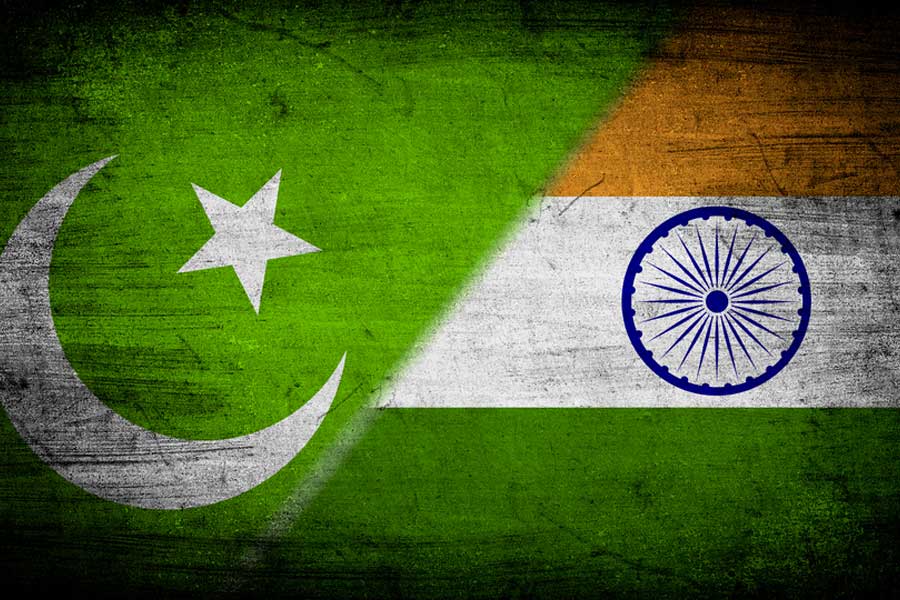The Indian government has sent a notice to Pakistan seeking to renegotiate parts of the Indus Waters Treaty under which the neighbours split the water of six Himalayan rivers. For more than 60 years, the treaty has stood firm as a rare diplomatic deal that India and Pakistan have jointly upheld through multiple warts and near-permanent tensions that have otherwise gripped their bilateral relationship. But in recent years, India and Pakistan have increasingly squabbled over its implementation, culminating in last week’s notice. Under the treaty, signed in 1960 by the then prime minister, Jawaharlal Nehru, with the former Pakistan president, Ayub Khan, India gets to use the water of the three eastern rivers — Ravi, Beas and Sutlej — while Pakistan gets the water of the western rivers — Chenab, Jhelum and Indus. As the upper riparian state, India can build hydroelectric projects on the western rivers only if they do not alter the flow of the water. But a deep lack of trust between the two sides has meant that differences over two Indian projects — the Baglihar plant on the Chenab and the Kishanganga on the Jhelum — in Jammu and Kashmir have exploded into a wider contestation of the treaty itself.
Pakistan has said it is concerned that the projects will disrupt its access to water from the Chenab and the Jhelum. India has rejected that criticism. Under the treaty, any dispute can be first taken up by commissioners appointed by the two sides and, if they fail to resolve differences, by an independent, World Bank-appointed expert. Pakistan first sought and then withdrew its request for an independent expert, instead seeking the adjudication of the Permanent Court of Arbitration, a global dispute resolution body based at The Hague. India has refused to recognise the PCA's jurisdiction, arguing that Pakistan has violated mechanisms stipulated in the treaty to settle differences. Against that backdrop, India has now said that the pact needs to be reconsidered in light of growing population and climate stresses. Though India's precise demands are unclear, New Delhi has long held the grievance that its farmers get much less water than their Pakistani counterparts: the western rivers carry much more water than the eastern ones. How Pakistan will respond to India's notice is unclear. But both sides have a responsibility towards their people and the geography they share: they must find a way to keep the Indus Waters Treaty alive and functional. The alternative is a water war that neither India nor Pakistan can afford.










